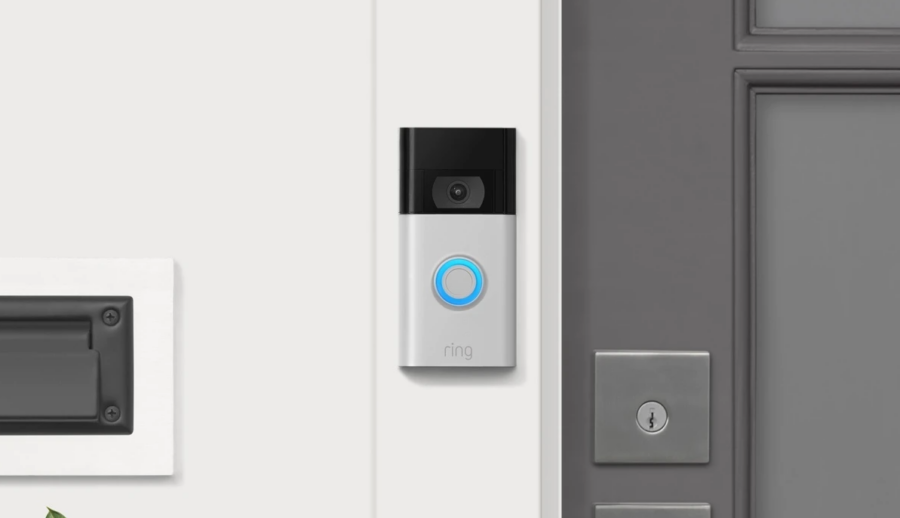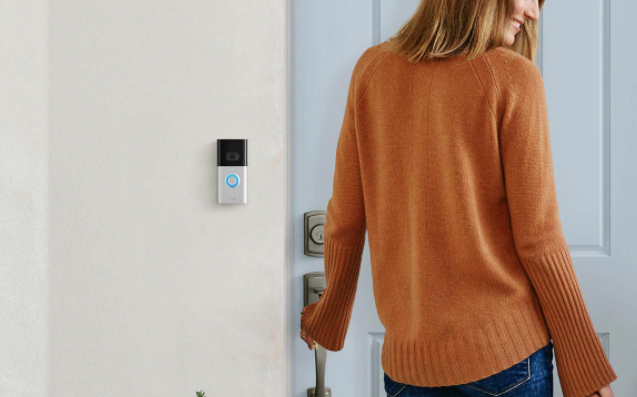Police Using Private Amazon Ring Cameras To Surveil You And Your Neighbors
How far is too far? When is enough, enough? More importantly, to what lengths should residents of a community go to stem the rise of crime in their neighborhood?
This article is more than 2 years old

How far is too far? When is enough, enough? More importantly, to what lengths should residents of a community go to stem the rise of crime in their neighborhood? Jackson, Mississippi has an answer to that last question. Their solution? A 45-day pilot program that will allow for the city’s Real Time Crime Center to access resident’s private surveillance via their Ring cameras.
Crime across Jackson, Mississippi is on the rise. This can be said for just about every major city around the nation. With many wanting to defund the police it leaves many other law-abiding citizens to wonder to what end? Regardless of where one stands on defunding police, crime is on a major uptick and law enforcement agencies are struggling to maintain it. Thus this pilot program in Jackson.
According to Jackson’s Mayor Chokwe Antar Lumumba, homes and businesses will be asked to allow police to use their cameras through the city’s platform, and if given permission, the city would be able to use the data collected in efforts to track criminal activity. Lumumba also wanted to make clear that the Real Time Crime Center would only have access to the devices when crimes occur in those neighborhoods. “Ultimately, what will happen is residents and businesses will be able to sign a waiver if they want their camera to be accessed from the Real Time Crime Center,” he said to the Jackson Free Press. “It would save (us) from having to buy a camera for every place across the city.” Buying cameras. A cost that could be staggering to an already strapped police force. And not just purchasing the cameras but the installation of said cameras across the city.

So, why not ask citizens to help out? Well, as some point out, the police would then be infringing on civil liberties. For instance, what if a resident were to allow the police to use their Ring camera? Well, the cameras in question record everything from your coming and going to your house, to the mailman, to neighbors walking their pets, to neighbors across the street, to whatever crosses the camera’s path to whenever they cross it. Yes, Lumumba did state that police would only access the camera when a crime was being committed but distrust in our institutions runs rampant across these United States.
So, what if you were on the receiving end of this? What if you refused to allow your camera to be accessed but your neighbor across the street didn’t? Would your refusal make you a suspect? These are rightful concerns and questions that must be answered.
The program, as described by Lumumba, seems like a no-brainer you’re only thinking specifically of a crime being committed. Jackson would be using two local IT companies (PILEUM and Fusus) to help connect the community cameras with the Real Time Crime Center so once a crime is committed, the police could access the resident cameras in the area to determine escape routes, help identify getaway vehicles, and whatever else information they can glean from the footage. “We’ll be able to get a location, draw a circle around it and pull up every camera within a certain radius to see if someone runs out of a building,” Lumumba said. “We can follow and trace them.”

How far do we want to go to maintain our safety with the rise in crime across the nation? Are we willing to give up certain liberties to help law enforcement? There are many out there who are not willing sacrifice civil liberties under any circumstances, or at least until crime comes knocking on their door. By then, it may be too late.












